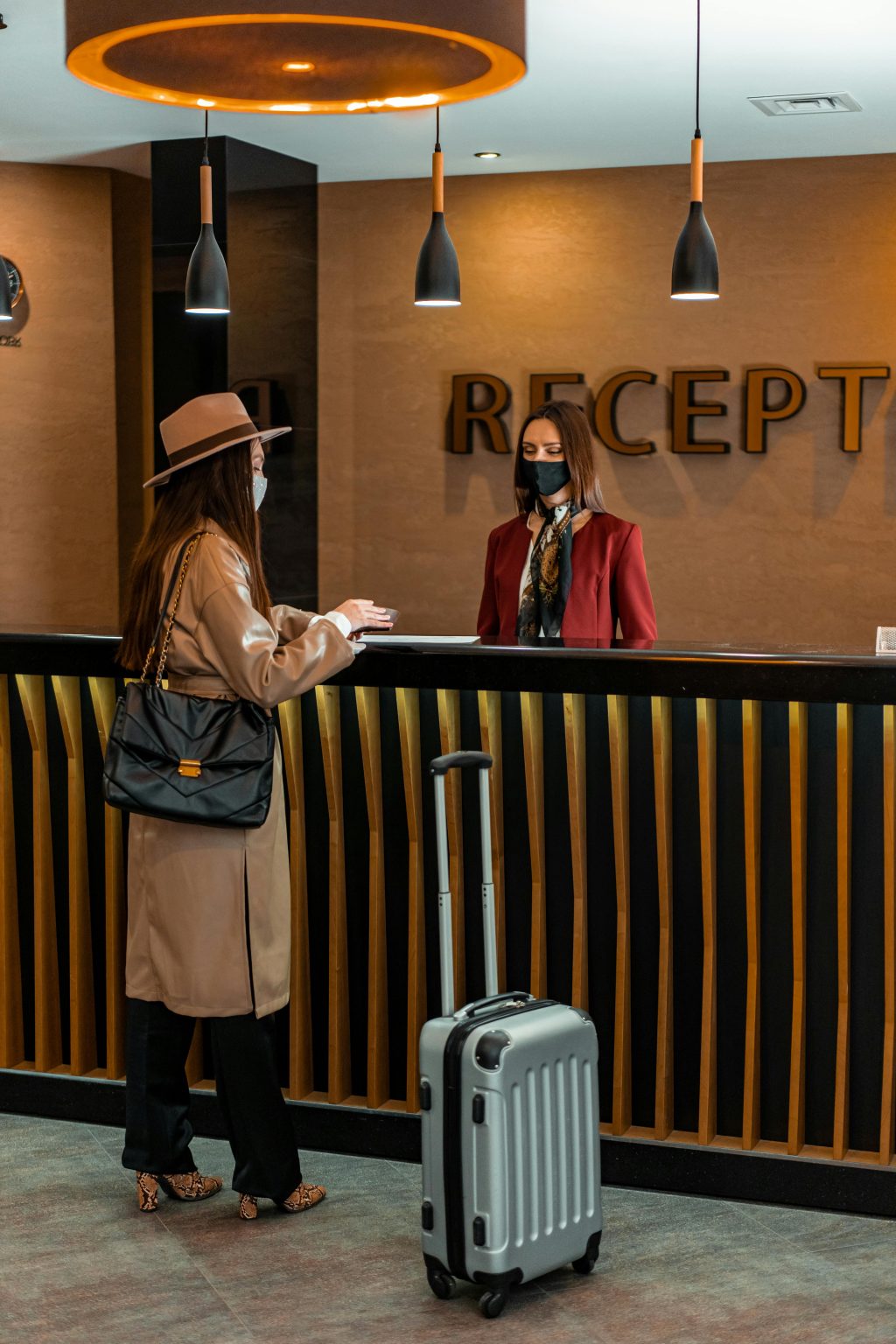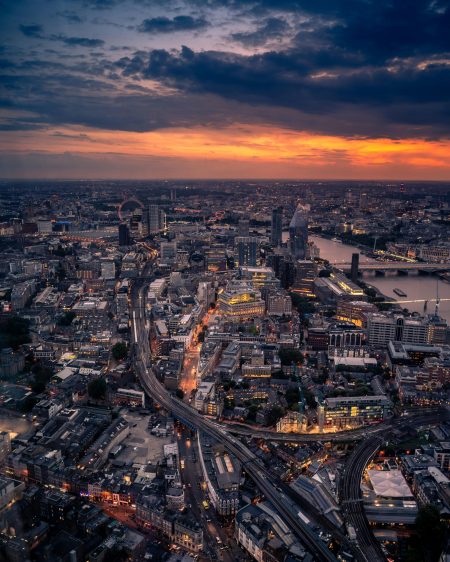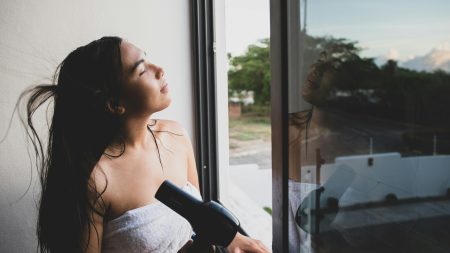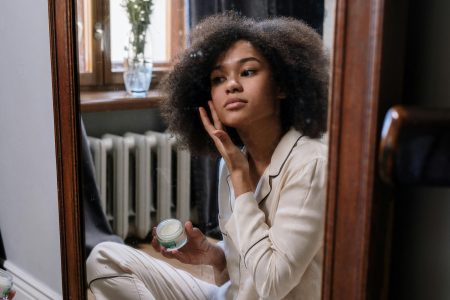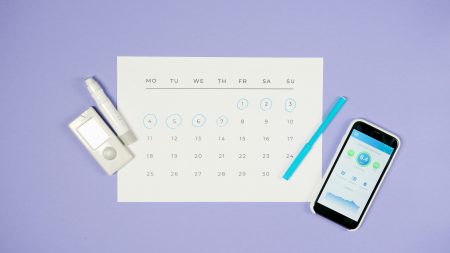- 87 % of travelers worry about their personal safety when they’re away from home (Global Rescue survey).
- With summer travel surging, Deluxe Holiday Homes warns that common hotel-room and vacation-rental weak spots can put guests at risk.
Simple fixes
1. Block the door’s peephole. Plug it with a tissue, sticker, or earplug the moment you arrive. This stops a “peephole reverser” from letting someone outside look straight into your room. “It’s a one-second move that shuts down a major privacy gap,” notes Deluxe Holiday Homes.
2. Seal the Space Under the Door. Some intruders use tools to reach inside and unlatch the lock or handle of your room door. Covering it with duct tape blocks that access point while also reducing light and noise from the hallway. A rolled towel works as a quick alternative.
3. Wedge the Door Shut. A door wedge, portable doorstop or even a tightly rolled towel can physically prevent someone from opening the door. Some travelers also wrap a belt or scarf around the door handle to limit movement. “Many break-ins occur when intruders quietly bypass the lock. Extra reinforcement makes that nearly impossible” mentions Deluxe Holiday Homes.
4. Close Curtain Gaps. Use a pants hanger with clips, a hair tie or even a chip clip to hold curtains shut as leaving even a narrow slit makes everything visible from the outside. Deluxe Holiday Homes notes: “When traveling solo, especially on ground floors or in busy areas, eliminating visibility into your room is key for privacy and peace of mind.”
5. Check for Hidden Cameras: Approximately 1 in 14 travelers report finding unauthorized recording devices in their accommodations. Common hiding spots include smoke detectors, wall clocks, vents, alarm clocks, and even light fixtures. Turn off the lights and move your phone flashlight, low-cost infrared detector or radio frequency scanner slowly around the room. They often reflect light, revealing the hidden camera’s position.
6. Verify All Locks Work. Upon arrival, check that all locks engage and function properly, including the main door, balcony or patio access, and all windows. If anything seems faulty, contact the front desk or host immediately and request a room change or refund. Never stay in a room where you don’t feel secure.
7. Unplug Smart Devices. Smart speakers, TVs with microphones and voice assistants are increasingly found in accommodations. Unplug any devices you don’t intend to use. If a smart TV has a built-in camera, cover it with a sticker or piece of tape. “The safest smart device is one that’s powered off or unplugged – especially in private settings like bedrooms or bathrooms,” warns Deluxe Holiday Homes.
8. Locate Emergency Exits. Knowing how to exit the building in an emergency is crucial. Look for the floor plan, it’s usually posted on the back of the door and check for stairwells, balconies or accessible windows. Keep your shoes and a flashlight near the bed so you’re ready to leave quickly in case of fire, earthquake or power outage.
Bottom Line: Most room safety upgrades are surprisingly low-tech and highly effective. The key is awareness: noticing vulnerabilities before they become problems and taking small, quick actions that add up to much better protection.
A spokesperson from Deluxe Holiday Homes says: “It’s not about being paranoid, it’s about being prepared. A few thoughtful steps can make a huge difference in your sense of control and peace of mind while traveling.”


